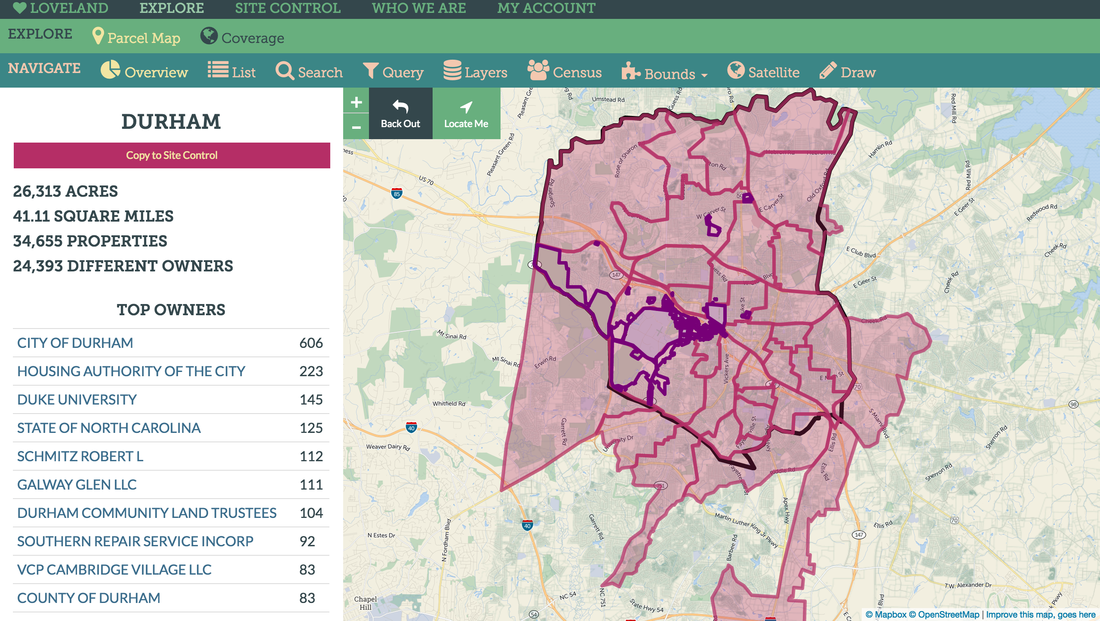Social entrepreneurs are those who take initiative and use profit models to help alleviate certain social and environmental issues. Neither a for-profit company nor a non-profit organization, social enterprises are different because they have social missions and can support their own financial need. While making profits is certainly not the primary goal for social enterprises, the fact that they can serve the society while making money always fascinates me a lot. Compared with traditional non-profits and philanthropic organizations, social enterprises are more independent and sustainable. In order to acquire the independent financial source, social entrepreneurs have to be innovative enough so that they can find a successful business model that both produces profits and benefits the society.
In the belief that the business model is the core of a social enterprise, I’ve always been curious to learn about different social missions and how social entrepreneurs design business models to accomplish their missions. My experience in Detroit so far has definitely complemented my macroscopic understanding of the social entrepreneurship discussed above and satisfied my curiosity. During my daily job in Detroit Future City, I learned about a website called LOVELAND Technologies (its URL is pretty interesting: https://makeloveland.com). It’s a social enterprise to me because it’s a profiting company and it fulfills its social mission. Founded in Detroit, this company aims to make information about property in Detroit more transparent and help alleviate the blight cycle, which has been one of the most serious social problems in Detroit. In order to achieve this social goal, they provide online maps for the public to understand the current situation of tax foreclosures as well as an ongoing survey so that they can gather more real-time data from the public. They also work with a variety of stakeholders, including governments and community partners, to “gather and present information about property in clear, actionable ways”. As years went by, it has grown into a bigger business and now provides abundant information about property for the entire country. With its lots and lots of community-level data points, it has benefited many more community organizations nationwide, not only limited to those in Detroit. This is an inspiring example to me because it shows me how important the entry point to a social problem is. LOVELAND Technologies connects tightly with the social problems Detroit community is facing and develops into a larger company that serves many communities beyond. Below is a map of Duke’s property in Durham by using LOVELAND’s online tool:
In the belief that the business model is the core of a social enterprise, I’ve always been curious to learn about different social missions and how social entrepreneurs design business models to accomplish their missions. My experience in Detroit so far has definitely complemented my macroscopic understanding of the social entrepreneurship discussed above and satisfied my curiosity. During my daily job in Detroit Future City, I learned about a website called LOVELAND Technologies (its URL is pretty interesting: https://makeloveland.com). It’s a social enterprise to me because it’s a profiting company and it fulfills its social mission. Founded in Detroit, this company aims to make information about property in Detroit more transparent and help alleviate the blight cycle, which has been one of the most serious social problems in Detroit. In order to achieve this social goal, they provide online maps for the public to understand the current situation of tax foreclosures as well as an ongoing survey so that they can gather more real-time data from the public. They also work with a variety of stakeholders, including governments and community partners, to “gather and present information about property in clear, actionable ways”. As years went by, it has grown into a bigger business and now provides abundant information about property for the entire country. With its lots and lots of community-level data points, it has benefited many more community organizations nationwide, not only limited to those in Detroit. This is an inspiring example to me because it shows me how important the entry point to a social problem is. LOVELAND Technologies connects tightly with the social problems Detroit community is facing and develops into a larger company that serves many communities beyond. Below is a map of Duke’s property in Durham by using LOVELAND’s online tool:

 RSS Feed
RSS Feed
